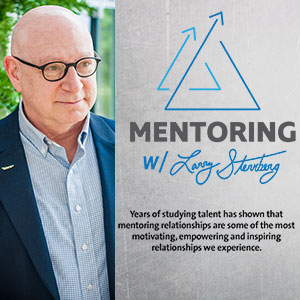Getting to the Top: Five C-CRETS to be Sponsor-Ready
This week’s article is provided by Ricky Robinson, Keith Powell, and Jenelle Jack of C-Crets. It...
Read Moreby VoiceAmerica | Aug 13, 2021 | Business | 0 |
This week’s article is provided by Ricky Robinson, Keith Powell, and Jenelle Jack of C-Crets. It...
Read Moreby VoiceAmerica | Nov 2, 2020 | Business | 0 |
To receive the weekly blogs via email, please sign-up here. This blog is provided by Bob Fisch,...
Read Moreby VoiceAmerica | Nov 3, 2016 | Empowerment | 0 |
Yesterday I realized I spend a good deal of time thinking about how to be a better mentor, and how...
Read Moreby VoiceAmerica | Oct 27, 2016 | Empowerment | 0 |
Oh my goodness. This is a really tough question. Itâs a question about relationships. How do you...
Read More



